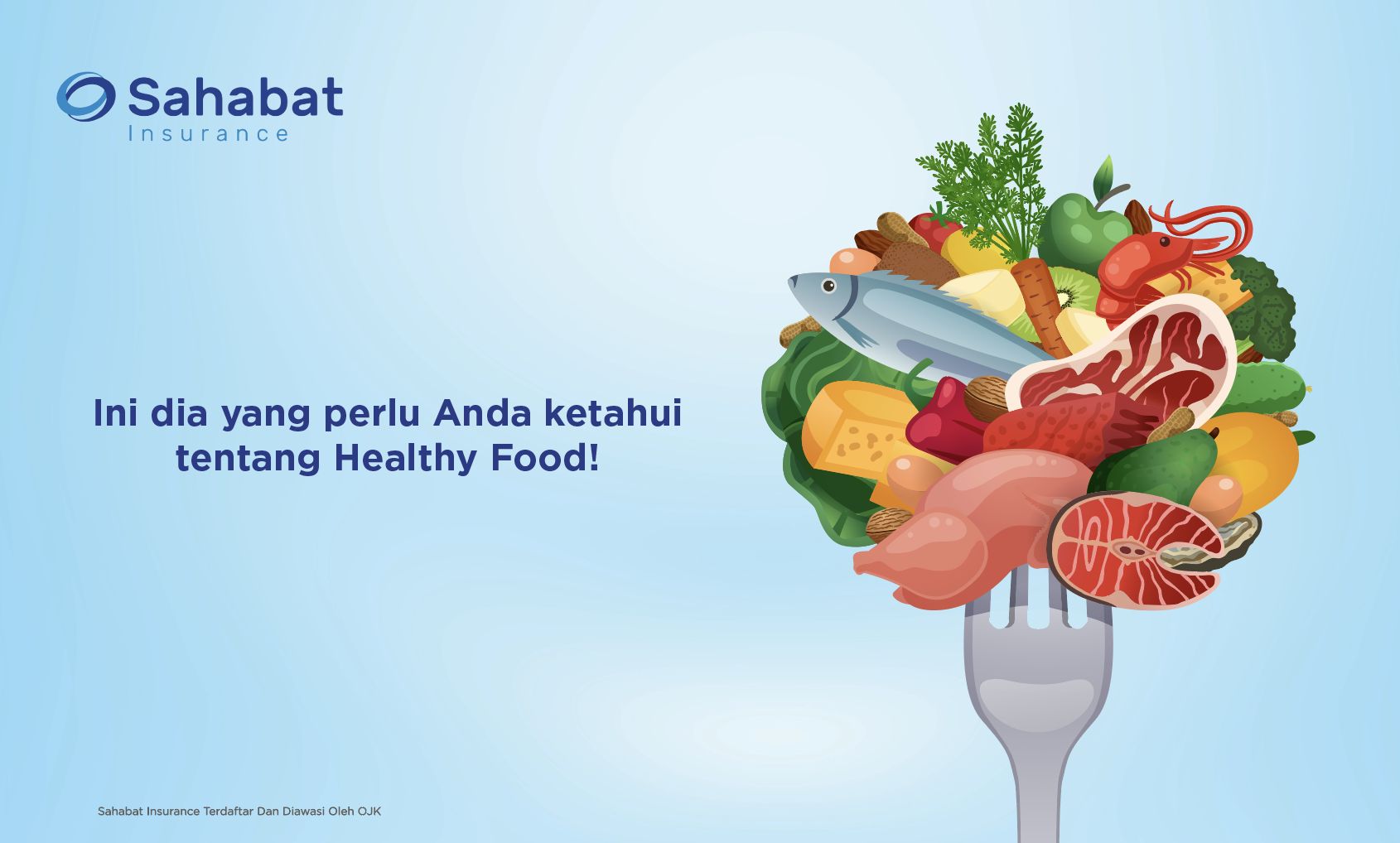5 Reasons People Refuse Insurance
Indonesia is still listed as an underinsured country, this is because there are still many Indonesians who do not have insurance. There are many reasons why Indonesians are lazy to have insurance. Some of these reasons are based on one thing, namely the lack of insurance education for the public. Here are the top 5 reasons why Indonesians are still reluctant to get insurance according to the Insurance Magazine version:
Do not understand
Because insurance is not very popular in the community, many terms are not understood by the Indonesian people, thus causing people to be afraid of being deceived and decide not to have insurance, whether car, health, or life insurance. People's ignorance can actually be overcome if there is education that is easy and simple to understand, sometimes the explanation received by the community from an insurance agent is not explained in simple language.
Too expensive
Insurance is still considered a luxury and out of reach. Whereas the government and private companies have provided several various insurance options and along with the growth of the insurance industry, prices have become very competitive. For example, the price of personal accident insurance can be around Rp. 25,000 (twenty five thousand rupiah) but it can still provide a fairly high protection value. The price of insurance today is much cheaper in the past, maybe even this price is not more expensive than people's spending on mobile phone credit.
There are still other needs
This is very understandable, but make sure that what is meant by other needs are very urgent or primary needs and once you have enough savings, start insurance no matter how small the amount. Because no matter how small the insurance value, it will be very helpful when needed.
“I Will Drive Carefully” (Car Insurance)
Even if you drive very carefully, your car still has the risk of being hit, dented, or other traffic incidents. Therefore, insure your vehicle, so that your financial status remains stable if something happens to the vehicle.
Insurance Claims Must Be Difficult
This point, really depends on the type of insurance company chosen, but in general, if you have read it carefully and understand the insurance policy comprehensively, insurance claims should not be a frightening specter. Therefore, it is highly recommended to consult first with some relatives or experts before buying insurance products.


 Indonesia
Indonesia
